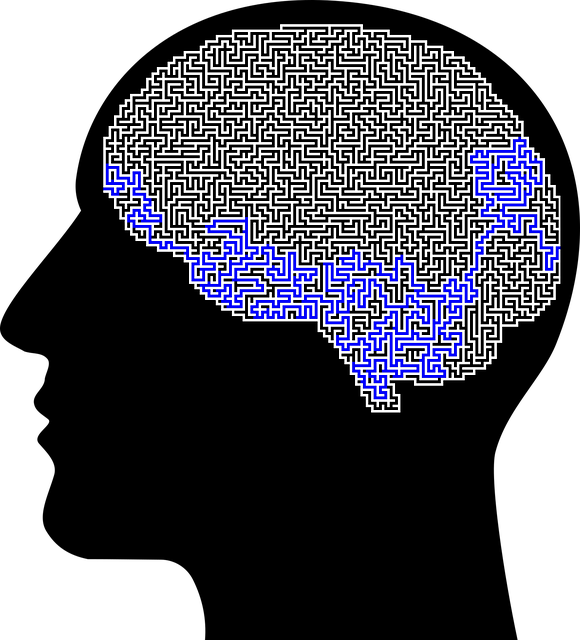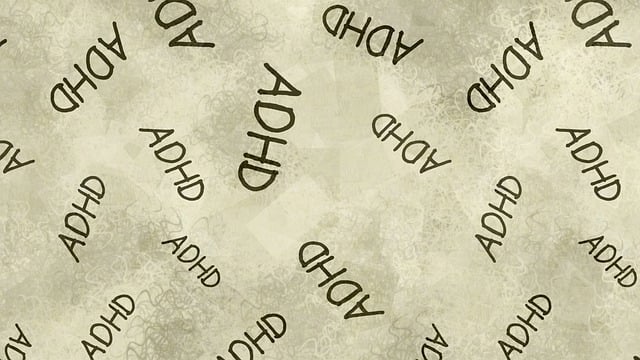Mental health, encompassing emotional, psychological, and social aspects, requires attention to prevent issues like depression, anxiety, and PTSD from hindering daily life. Dialectical Behavioral Therapy (DBT), a cognitive-behavioral therapy, offers effective treatment through mindfulness, emotional regulation, and interpersonal skills. The digital age has seen DBT's successful transition to apps, providing accessible and affordable therapy for borderline personality disorder and promoting self-care. These apps, with features like guided meditations and mood tracking, empower users to manage mental health and prevent burnout. User-centric design, focusing on individual needs, data privacy, and collaboration with professionals, is key to effective DBT app development. The thriving mental wellness app market reflects growing global awareness of mental health, especially among younger generations, with AI-driven personalization and gamification promising innovative future tools for therapy in the digital age.
In today’s fast-paced world, mental wellness app development has emerged as a vital tool for managing stress and anxiety. With the increasing adoption of digital therapy, especially Dialectical Behavioral Therapy (DBT), apps offer accessible and personalized support. This article explores the growing trend of DBT apps, delving into their key features, user-centric design principles, and the significant impact on daily life. We also analyze market potential, challenges, and future trends in this burgeoning sector.
- Understanding Mental Health and Its Impact on Daily Life
- The Rise of Digital Therapy and Dialectical Behavioral Therapy (DBT) Apps
- Key Features and Components of a DBT App
- Designing User-Centric Experiences for Effective Therapy
- Market Potential, Challenges, and Future Trends in Mental Wellness App Development
Understanding Mental Health and Its Impact on Daily Life

Mental health is a fundamental aspect of overall well-being, influencing how individuals think, feel, and act in their daily lives. It encompasses emotional, psychological, and social components, enabling people to cope with stress, make choices, and relate to others. However, mental illness can significantly impact daily functioning, affecting one’s ability to work, study, and maintain healthy relationships. Conditions such as depression, anxiety disorders, and post-traumatic stress disorder (PTSD) are prevalent and can have severe consequences if left untreated.
Dialectical Behavioral Therapy (DBT), a form of cognitive-behavioral therapy, offers effective treatment for various mental health issues, including trauma support services. By focusing on mindfulness, emotional regulation, distress tolerance, and interpersonal effectiveness, DBT helps individuals develop empathy building strategies to navigate challenges. Beyond therapy, understanding the social and political aspects of mental health is crucial. Mental health policy analysis and advocacy play a vital role in shaping public perception, improving access to care, and ensuring inclusive support services for all.
The Rise of Digital Therapy and Dialectical Behavioral Therapy (DBT) Apps

The digital age has brought about a significant shift in the mental health landscape, with an increasing adoption of online therapy and behavioral interventions. Digital therapy apps have gained immense popularity as accessible tools for improving mental wellness. One such evidence-based approach that has found its way into the digital realm is Dialectical Behavioral Therapy (DBT). DBT apps offer structured programs that teach essential skills to help individuals manage emotions, reduce stress, and improve interpersonal relationships. This modern twist on traditional therapy caters to a wide range of users seeking effective coping mechanisms, especially for conditions like borderline personality disorder.
These innovative applications provide a convenient and often more affordable alternative to in-person therapy sessions. With features like guided meditations, mood tracking, and skills training modules, DBT apps empower users to take an active role in their mental health journey. Furthermore, they offer a sense of accessibility, enabling individuals to practice mindfulness and empathy-building strategies (a key component of DBT) on their own time, promoting self-care and potentially preventing burnout.
Key Features and Components of a DBT App

A Dialectical Behavioral Therapy (DBT) app aims to bring the therapeutic benefits of this evidence-based approach directly into users’ pockets, offering a convenient and accessible way to improve mental wellness. Key features should include modules dedicated to self-care practices, such as mindfulness exercises, stress management techniques, and emotional regulation skills. These components are vital for helping individuals navigate intense emotions and build healthy coping mechanisms.
Additionally, a robust DBT app could integrate features like automated reminders for therapy sessions, tracking progress through mood journals, and providing access to a supportive online community. By combining these elements, the app can create a comprehensive digital space that encourages emotional awareness, fosters personal growth, and contributes to the wider public awareness campaigns surrounding mental health.
Designing User-Centric Experiences for Effective Therapy

Creating user-centric experiences is paramount when designing mental wellness apps, especially for therapies like Dialectical Behavioral Therapy (DBT). These apps should be tailored to meet the unique needs and preferences of individuals seeking treatment. By incorporating user feedback and employing design thinking principles, developers can create interfaces that feel intuitive and engaging. This involves simplifying complex therapy concepts into easily digestible modules, ensuring accessibility across various devices, and personalizing content based on user progress and goals.
Effective DBT apps should go beyond mere information delivery; they must foster a sense of community and support. Features like secure messaging systems, peer-to-peer connections, and digital journaling can enhance self-awareness and improve symptoms of mental health conditions. Moreover, integrating public awareness campaigns within these platforms can further encourage open conversations about mental wellness, boost self-esteem, and normalize seeking therapy—all vital aspects for successful long-term treatment.
Market Potential, Challenges, and Future Trends in Mental Wellness App Development

The market for mental wellness apps is experiencing significant growth as more people seek digital solutions for their emotional well-being. With a global focus on mental health awareness, there’s a rising demand for accessible and convenient therapy options. Apps offering evidence-based practices like Dialectical Behavioral Therapy (DBT) are gaining traction, catering to users looking for professional support in managing stress, anxiety, and emotional regulation. This trend reflects a broader shift towards embracing digital tools as valid forms of therapy, especially among younger generations comfortable with technology.
Despite the promising market potential, developers face challenges in creating effective mental wellness apps. Ensuring data privacy and security is paramount due to sensitive user information. Additionally, developing evidence-based content requires collaboration with mental health professionals to maintain accuracy and efficacy. The future of this industry lies in personalized experiences, integrating artificial intelligence for tailored recommendations, and exploring innovative techniques like gamification to enhance emotional intelligence development. As technology advances, we can expect more sophisticated tools that seamlessly blend traditional therapy with modern digital platforms.
The development of mental wellness apps, particularly those focused on Dialectical Behavioral Therapy (DBT), presents a promising avenue for improving access to effective therapy. As digital health solutions gain traction, understanding the key components and user-centric design principles of successful DBT apps becomes essential. By leveraging technology to meet the growing demand for mental health support, developers can create tools that empower individuals to navigate their emotional well-being effectively. With ongoing advancements in app functionality and a focus on addressing market challenges, the future of mental wellness apps holds significant potential to enhance lives and foster resilient, thriving communities.








